
At school, they laughed at the girl whose family had no roof over their heads
At precisely 6:45 AM, Emily awoke. The shrill, abrupt sound of the alarm clock shattered the early morning stillness—a relentless, unforgiving noise. She didn't startle or rush into the day's demands. Instead, she opened her eyes and lay there for a while, gazing at the ceiling, which had turned gray with age and constant dampness. Under the blanket, it was warm, like being enveloped in a cocoon. Beyond its edge lay the cold of morning, heavy and palpable, even through her socks.
Gradually, she swung her legs over the side of the bed, sat on its edge, and took a deep breath. The collar of her sweater clung to her neck like familiar arms but offered no warmth. The jumper was old, nearly a family heirloom—imbued with the scent of her grandmother's soap and memories of long evenings when it rained outside, and her mother read her fairy tales.
Outside, the dawn hadn't yet fully arrived. It was grayish, uncertain—as if the day hadn't decided whether to appear or remain hidden in the shadows. The kitchen already smelled of oatmeal. That scent always greeted her before she could even enter. There, by the stove, stood her grandmother—small, bent, yet surprisingly composed. Every movement was precise, honed by years of practice. The apron was neatly tied, her hair tucked under a scarf. As if on duty.
“Good morning,” her grandmother said without turning around.
“Uh-huh,” Emily replied, lowering herself onto her chair.
The old tablecloth, the chipped porcelain cup, the bowl of oatmeal—all unchanged. Not comforting, not joyful, but reliable. It was stability, the only predictable thing in their lives.
She wrapped herself tighter in the sweater, as if it could protect her not only from the cold but also from her thoughts. School again today. Tenth grade. Geography, algebra, physics. The same faces, the same looks. And rare moments—when someone accidentally smiled—were like flashes of light in the gray mass
Since childhood, she had been told the same thing: her father was a hero. He died before she was born. “He was a real man,” her grandmother would repeat, with something like reverence in her voice. “Just left too early,” her mother added, and in her tone was a pain she never wanted to express aloud.
This image was part of her identity. For a while, it was her shield. At school, if someone asked, “Where’s your dad?” Emily could say, “He died.” And then there would be a pause—a bit embarrassed, a bit respectful. As if her father's name carried an invisible halo. No more mockery, no more questions.
But inside… inside, everything was more complicated.
For Emily, her father was an image made of fantasies. Tall, broad-shouldered, in military uniform. With a kind but resolute face. He died to save someone. To protect something important. Like in the movies. Heroically. Fearlessly. With a proudly raised head.
“I want to believe,” she repeated to herself, “I must be proud.”
And this image was her armor. But now it was starting to crumble.
After school, she stopped by the store—to buy bread and milk. As usual. She knew which goods were cheaper, where it was more profitable to buy. The saleswoman briefly nodded—a greeting devoid of warmth but understood. Everything happened on autopilot.
At home, she helped her grandmother cut potatoes. Set the table. In the evening—hot food, tea, the radio in the corner rustling news nobody listened to.
But inside, something dark had long been boiling. Something restless. It began with her mother. Lena often grew tired, came home from work with dull eyes. Sometimes she just sat at the edge of the bed, massaging her temples, as if trying to shake off the whole world
“I’m just tired,” she said.
But one day she collapsed. Just like that, in the kitchen. The cup shattered with a clatter. Grandmother screamed, Emily was the first to rush to her. Mother whispered, “I’m okay,” but her eyes were clouded, her hands trembled.
The diagnosis came quickly. Cold. Cutting off all ways back.
Oncology.
The doctor said the word dryly, as if reading a shopping list. To him—just a patient. To Emily—the end of the world.
At first, she didn’t understand. Then came fear. Then shock. Then action.
She stopped being a child. Took life into her own hands. Learned soup recipes, searched for cheap medicine substitutes, sat by her mother’s bedside at night when she had a fever. Got certificates from school, worked weekends, sold old clothes to at least partially cover expenses.
Her classmates talked about boys, parties, TikTok. Emily counted pills and checked pain schedules.
When her mother died, she did so quietly. Almost peacefully. Emily dozed nearby, her head resting on the blanket. Just woke up—and understood: mother was gone. No screams, no goodbyes.
The house changed. It became different. Even the air grew heavier. The radio no longer played, the kitchen didn’t smell of favorite dishes. Grandmother did her best, but her voice grew dull, movements slow. They arranged guardianship, gathered documents. Started living “a new way.” As best they could.
Emily didn’t cry. She just stared at the ceiling. Listened to the trees scratching the window. Didn’t know what to do with it all.
The morning after all this was just as cold. Her fingers froze, though gloves were in her backpack. But she didn’t take them out. Just walked to school, as always. Shoulders slumped. Without much purpose.
She passed through the lobby, trying not to attract attention. Then Anna approached her. The same one who usually looked at Emily with slight superiority, but today—with something like care. Or rather, pity. That worried Emily more than the words themselves.
“Listen…” Anna began, lowering her voice. “Did you know your father… is alive?”
The word “alive” hit her chest like a bullet. Emily froze. The air went out.
“What?” she managed, not recognizing her own voice.
“My mom saw him. Near the fifth pharmacy. He was sitting there. A homeless man. His name is Paul. She recognized him.”
Each word seemed to enter inside, tearing something whole apart. “Alive.” “Homeless.” “Paul.”
Emily looked at Anna as if she were behind glass. The words reached her with delay. As if this was happening to someone else.
She didn’t remember how she got to class. Didn’t remember sitting down. Everything around blurred. As if she was looking at the world through water.
In the evening, the house greeted her with the smell of potatoes and silence. Grandmother sat in her chair, knitting a pattern no one needed for many years. Emily stopped before her. Silent. A minute. Two.
They left. But before leaving, the woman, young and with clear eyes, turned back:
“You’re strong. It will get better. I believe in you.”
Tanya didn’t answer. Just nodded. But those words became the first anchor holding her after everything collapsed.
A year passed…
Preparations for the graduation were in full swing, especially among those who thought they had the right to celebrate. Almost everyone was on the lists: Nastya — the host, Artyom — in the skit, Olya — reading a letter to parents. And Tatiana? Not a word. Not a hint.
She stood in the corner of the auditorium while others rehearsed. The teacher shuffled papers and only once, as if in passing, said:
“Maybe Tatiana could sing a verse in the song? The one about dad.”
The voice was polite but somehow insincere, as if written beforehand. And in that phrase was pain — because she knew: she was asking the impossible.
Tanya answered quietly but firmly:
“That’s not about me.”
The teacher pressed her lips and turned away again. Then Nastya, as if long waiting for the moment, flared up:
“Of course, it’s not about you! Your dad is a homeless man! And your mom is dead anyway!”
The hall froze. Even the piano someone was playing stopped. For the first time, Tatiana didn’t stay silent.
“Don’t you dare talk about her like that! She was better than all of you! She never abandoned or lied. She lived and loved. And you’re just an empty space.”
Her voice trembled, but not from fear — from the truth she could no longer hold back. She left the hall not because she broke down. But because she no longer wanted to be part of a world — where no one sees, hears, or feels.
After school, Tanya went to her secret place.
The willow by the river had stood there since childhood. Its long branches hung down like the arms of a tired person. She hid there when her mother argued on the phone, when she got a bad grade, when the whole world seemed foreign.
Tanya sat on the protruding roots, hugging her knees.
“I said it. I defended,” she thought. And for the first time in a long time, she didn’t feel broken. On the contrary — collected, as if she had gathered herself anew.
Suddenly, the silence was broken by a scream.
“Help!”
Hoarse, breaking, as if the air was ripping from the deepest depths. Tatiana jumped up. A moment — and her feet slid on the wet grass, her heart pounding as if it wanted to jump out.
“Someone is drowning.” It couldn’t be, it wasn’t just a feeling — it was true.
She kicked off her sneakers in one motion, as if doing it a thousand times, and jumped in.
The cold hit immediately. The water hadn’t warmed yet. Tanya surfaced, looked around. In the distance — a splash, movement. She dived. Something touched her leg — not a log, a person.
Her hands found a wet jacket, hair.
“Hold on!” she breathed out.
“I… can’t…” almost silently.
The water pulled down, the current tore her from her grip. But Tanya didn’t let go.
“If I let go — she’ll die.”
She grabbed the shoulder, pulled her up, started swimming back. Mud, silt, slippery bottom. Strength was leaving. But then — the bottom became firmer. A root under her hand. A little more — and they were on the shore.
Both lay there, breathing fast, broken. Tanya was shaking — not from fear, but from cold and adrenaline. Nearby — a girl, younger than she first seemed. Wet, with a split lip, torn sleeves.
Silence. A minute. Two.
“My name is Maria,” she finally said.
“Tatiana.”
“I just… wanted him to leave me alone.”
Her voice trembled but she no longer cried.
News in the same category

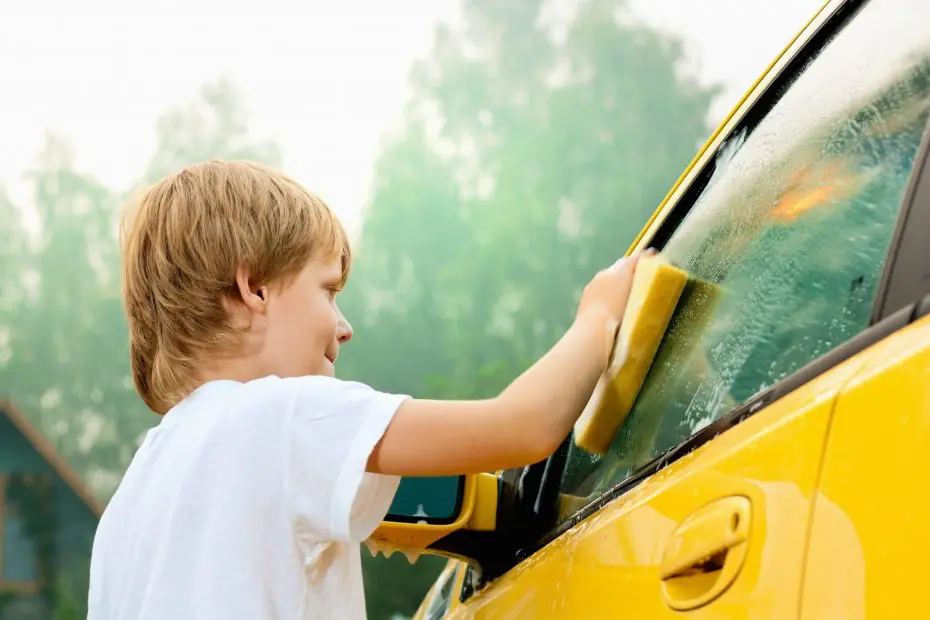
"Why Don't We Just Take the Secret Car Daddy Drives?" My Son's Innocent Question While Cleaning the Car
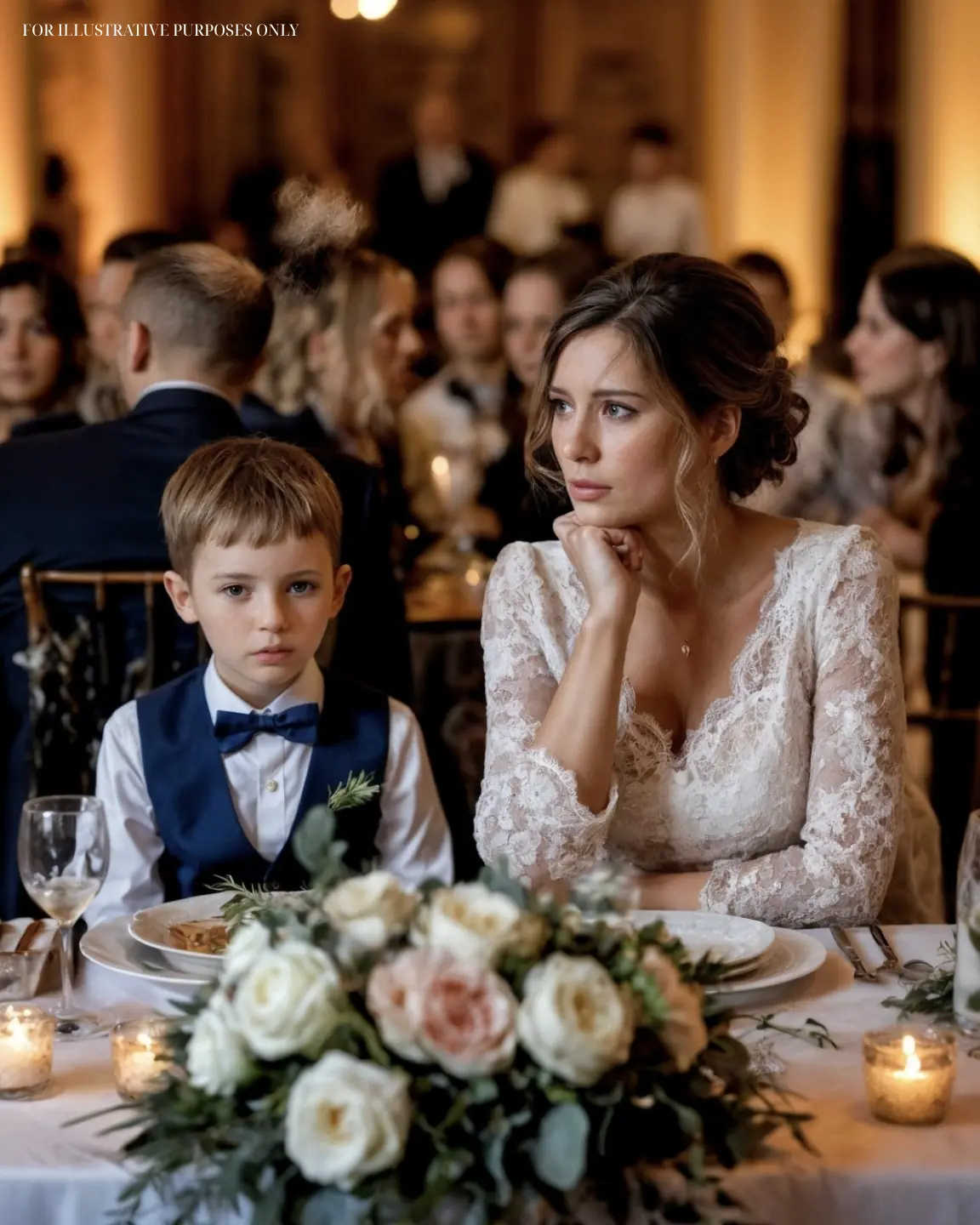
In front of everyone, my own sister humiliated me at her wedding…
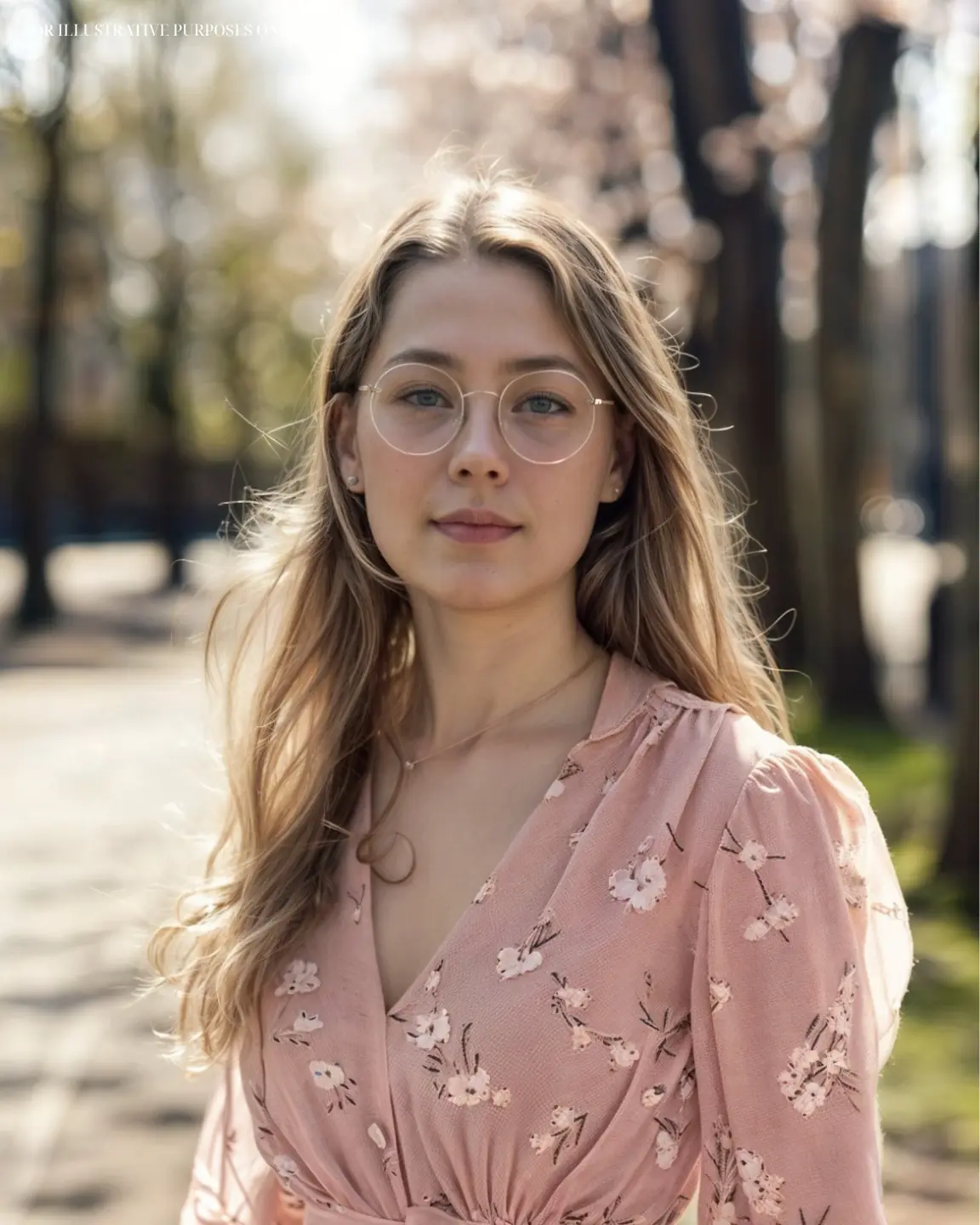
Alena! What kind of circus is this? Why did Kirill come back to me with a suitcase? Did you kick him out?
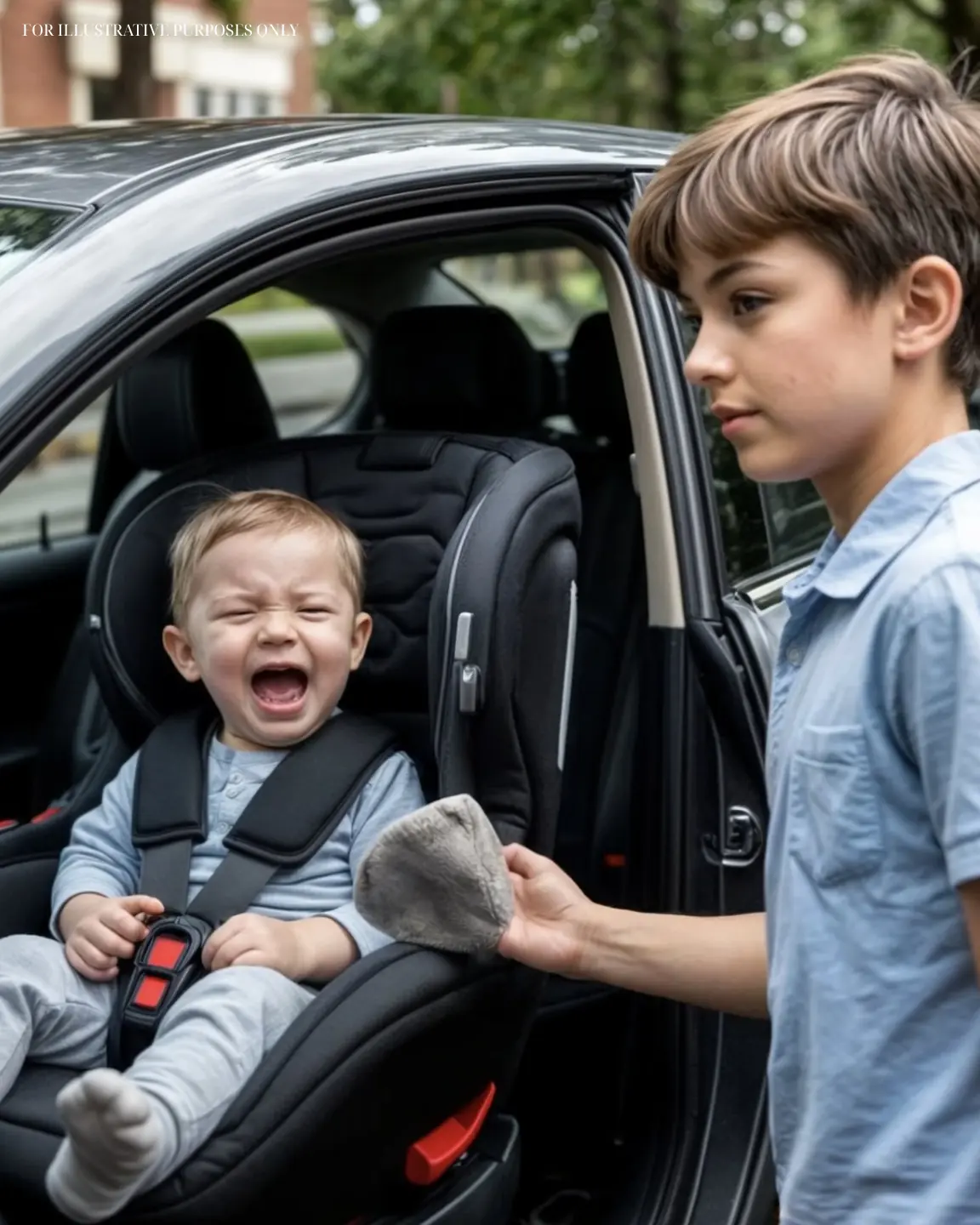
A 16-year-old boy found a small child in a car under the scorching sun. His actions impressed the passersby
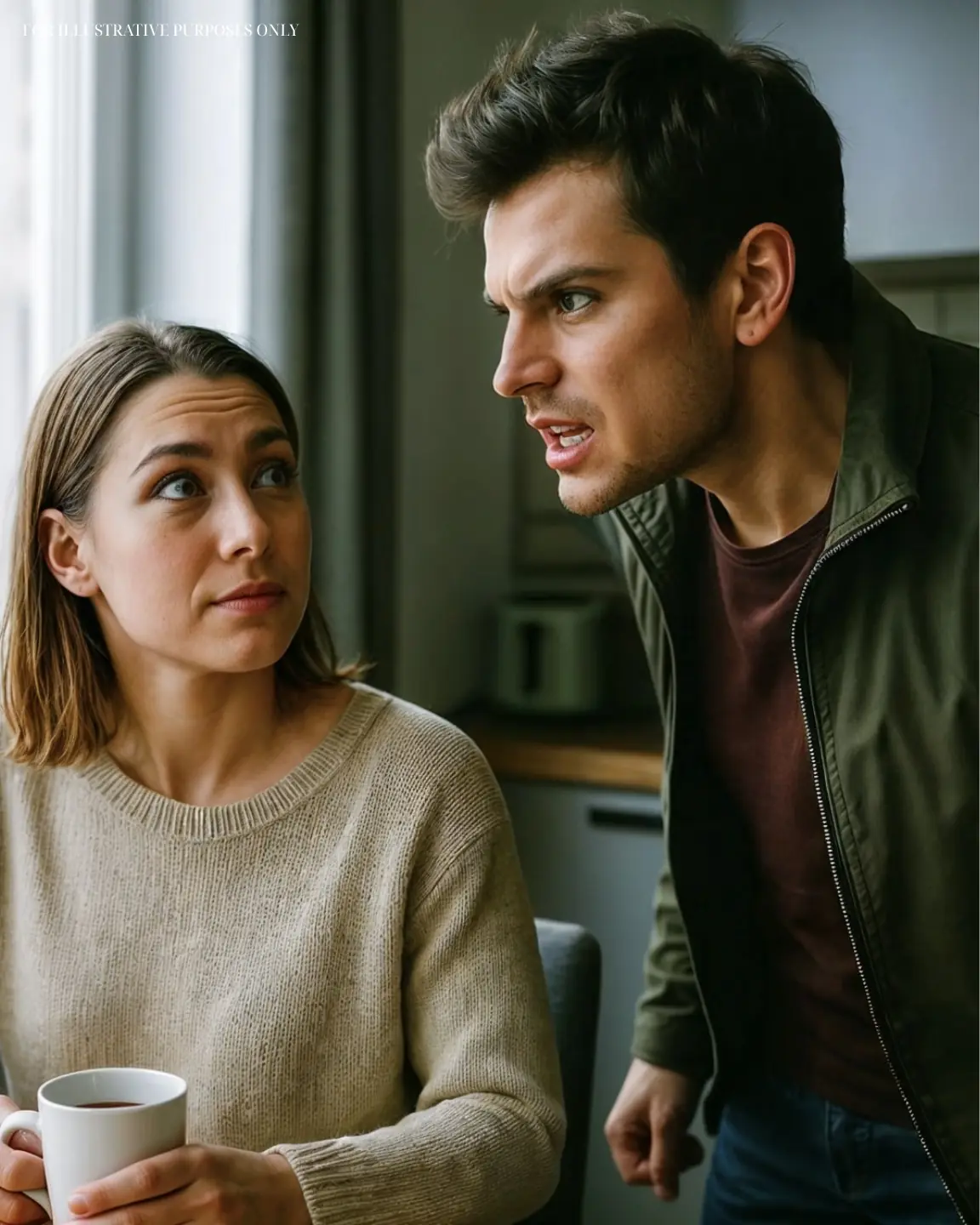
Trying to take my apartment and money away? Too bad I turned out to be smarter, huh, Maxim?” — I smirked at my husband
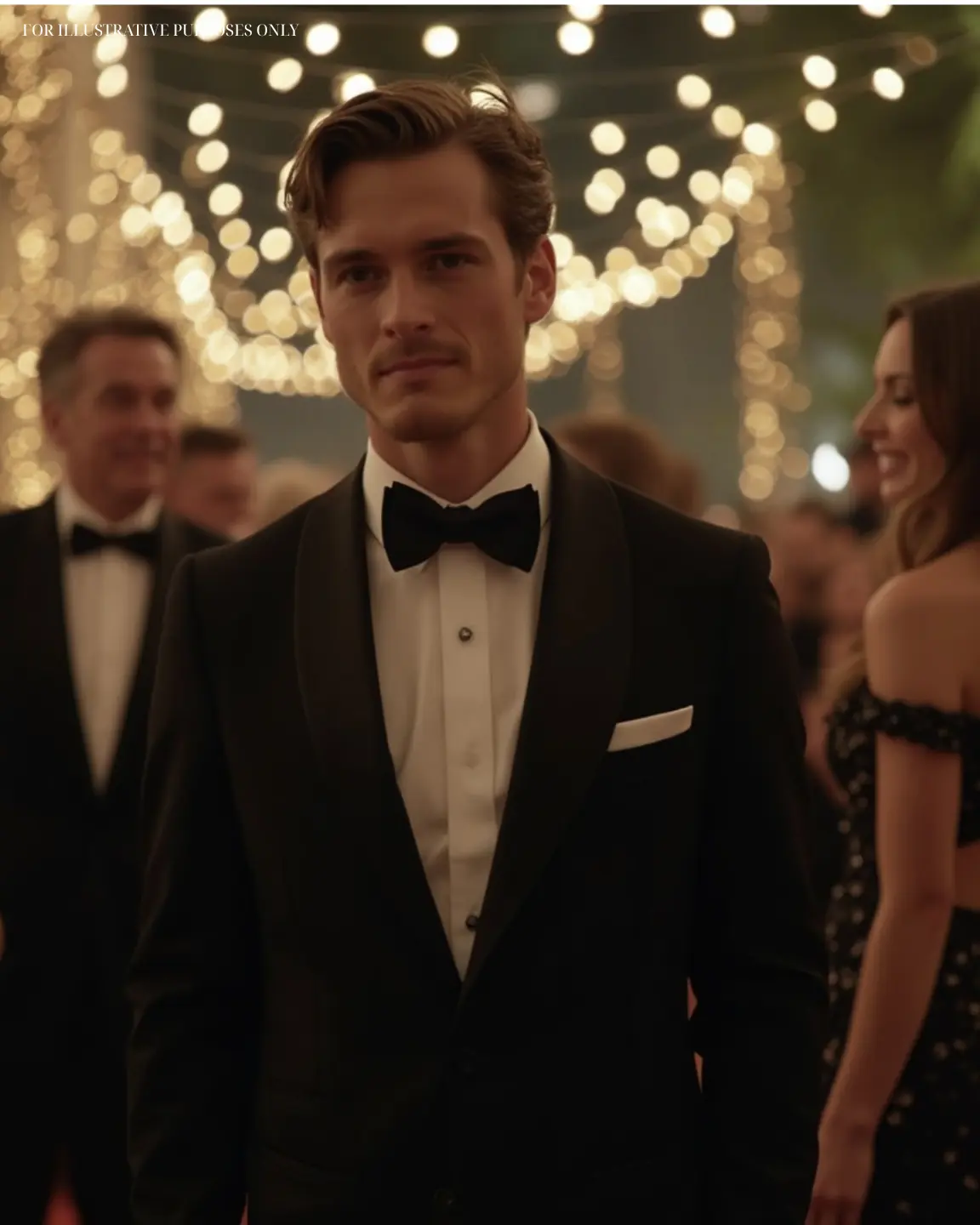
Classmates teased a student for his poor clothes. They couldn’t imagine how he would show up at the graduation ball
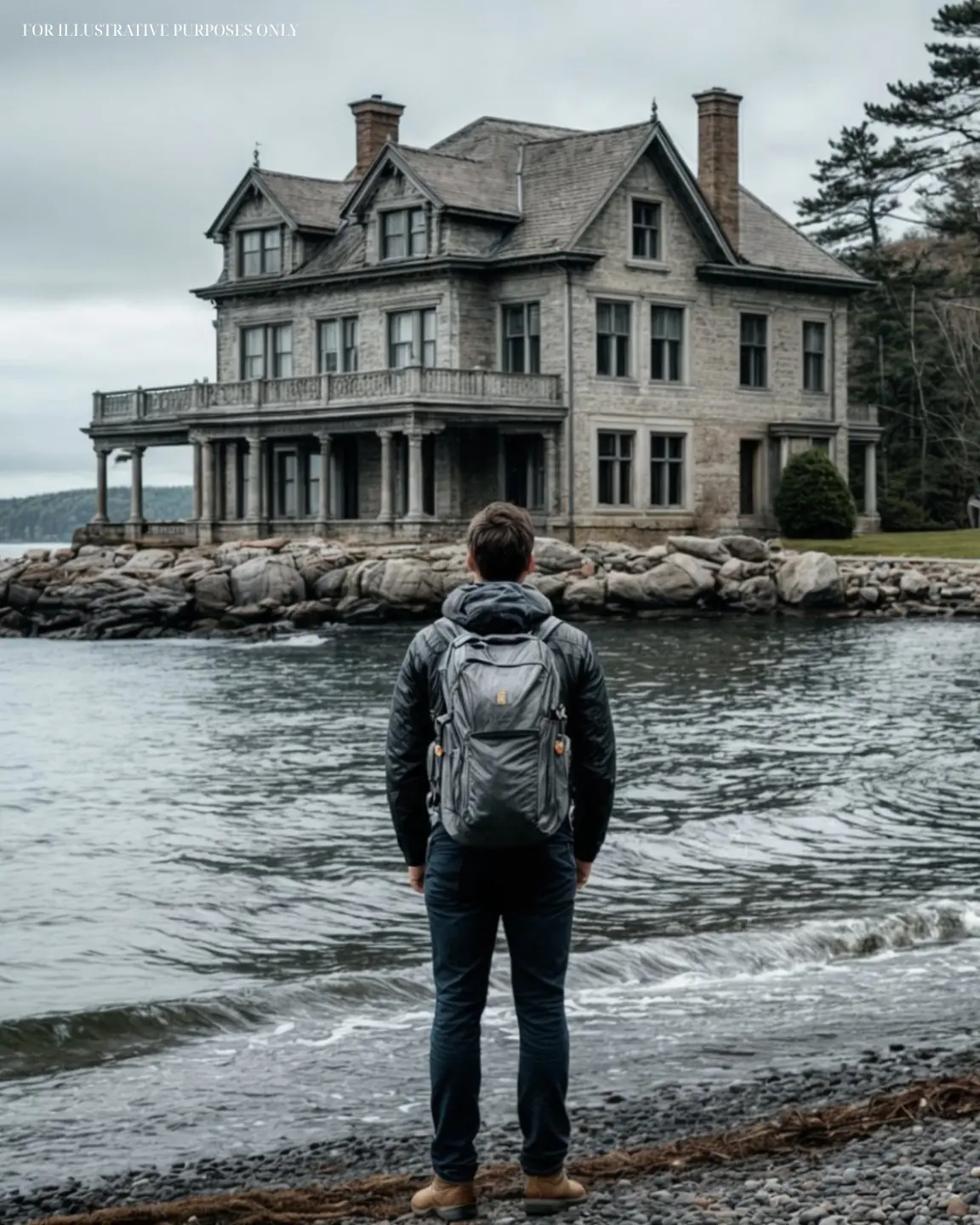
He inherited a house standing in the middle of a lake… Yet what he found inside completely changed his life

— Hello, Lena! — Angelina saw her acquaintance and waved
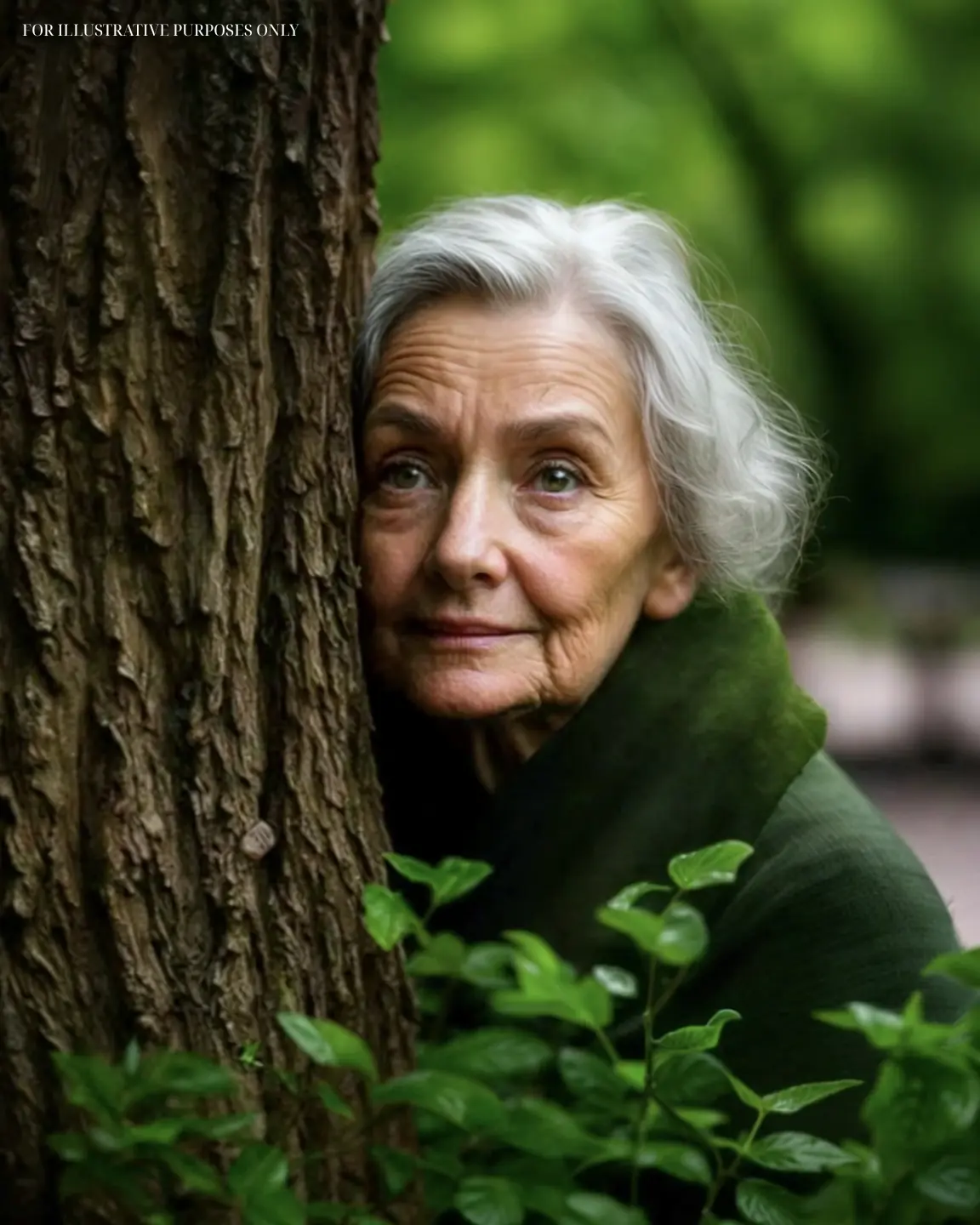
The queue at the clinic was moving very slowly. Elderly ladies went into the ENT doctor’s office and disappeared there for almost an hour
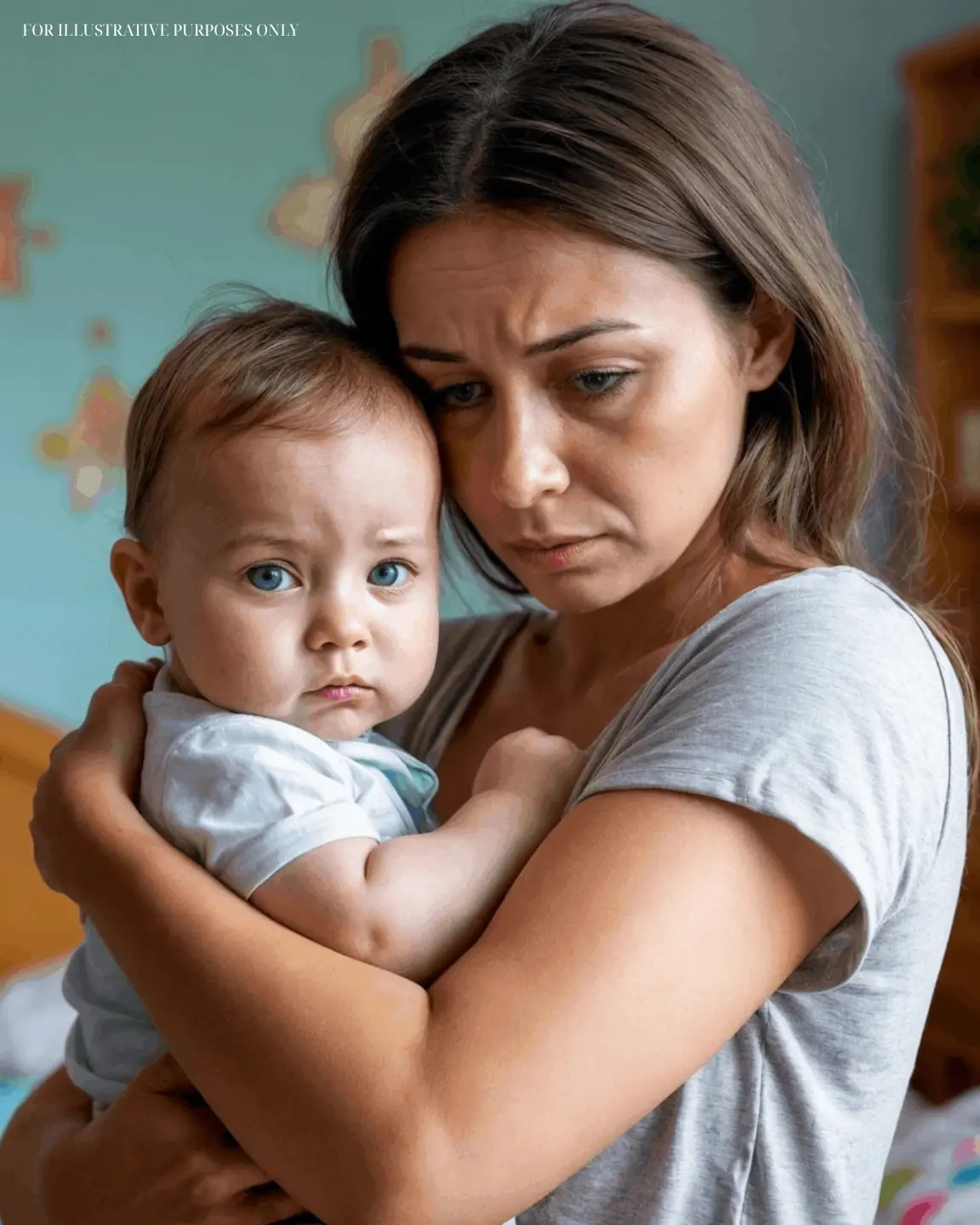
He left as soon as he found out the diagnosis of our son. And I stayed—because I couldn’t leave my child alone
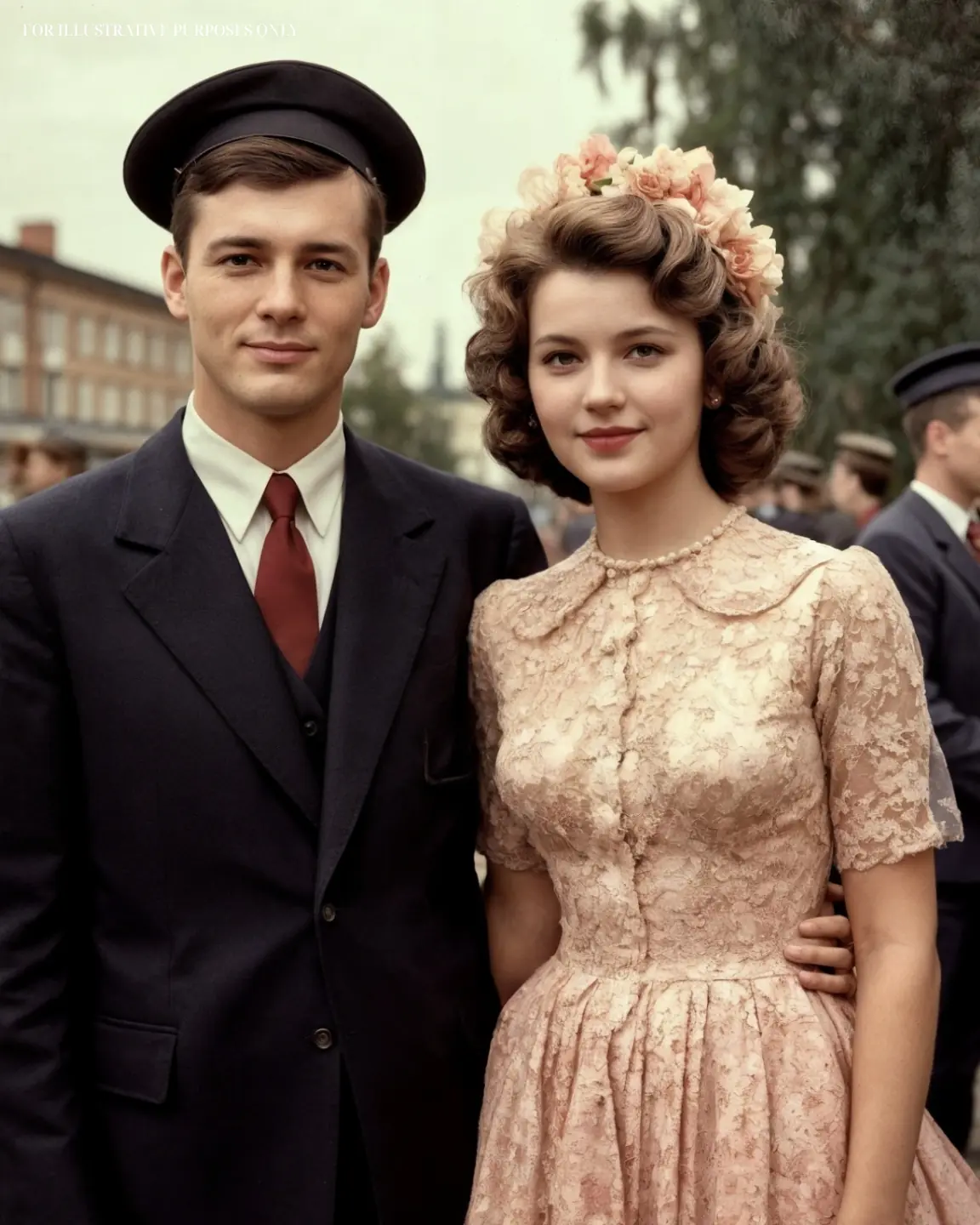
Their daughter disappeared in 1990, on the day of her graduation. And 22 years later, the father found an old photo album
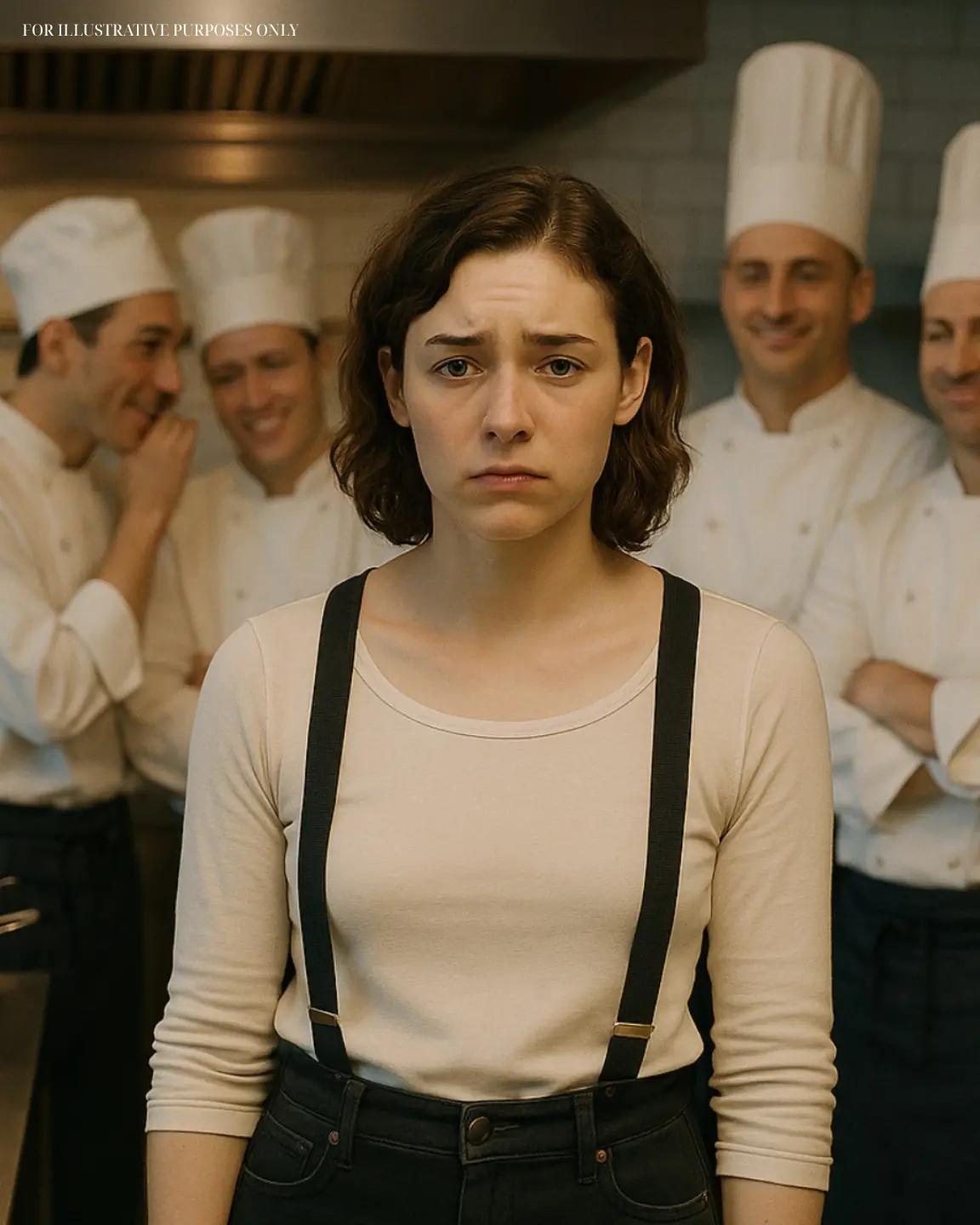
We'll live off our daughter-in-law; she has a good job," the mother-in-law shared with her friend
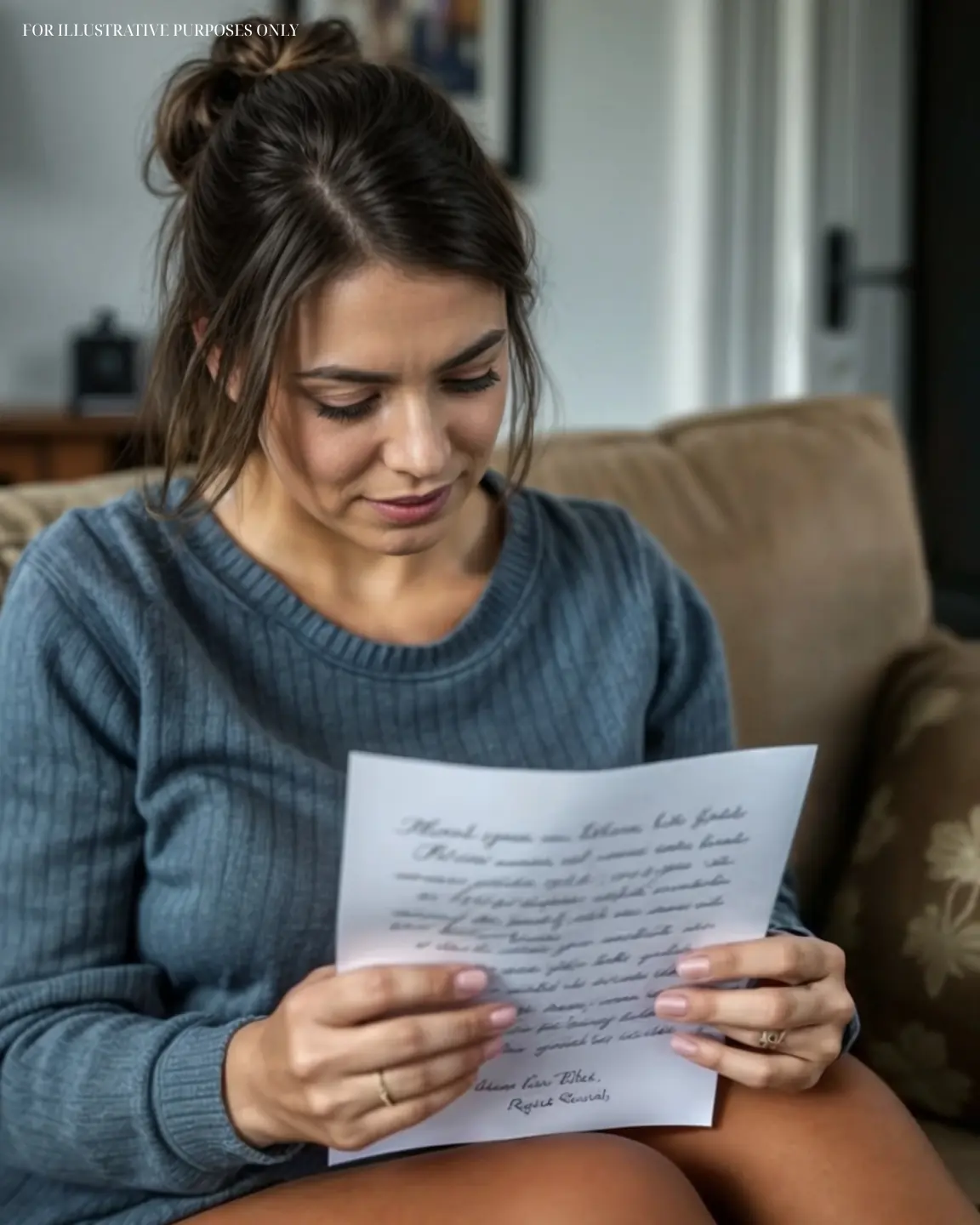
While the woman was doing a deep cleaning of the house, she came across an old letter from her deceased husband. Carefully unfolding it, she skimmed through the lines… and froze
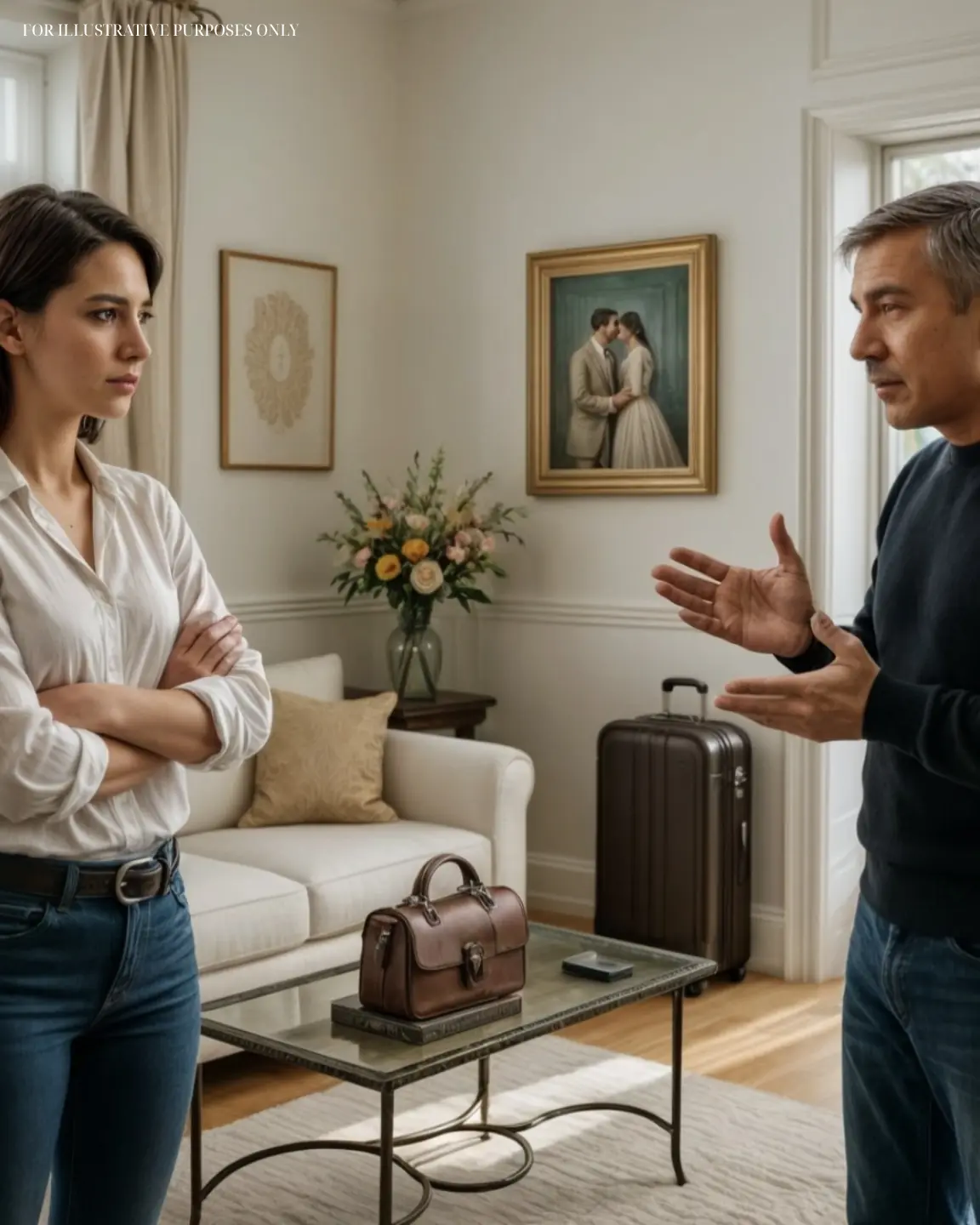
If she needs money again, let her call the bank, not me, — Maria snapped, deleting her mother-in-law’s number from her phone
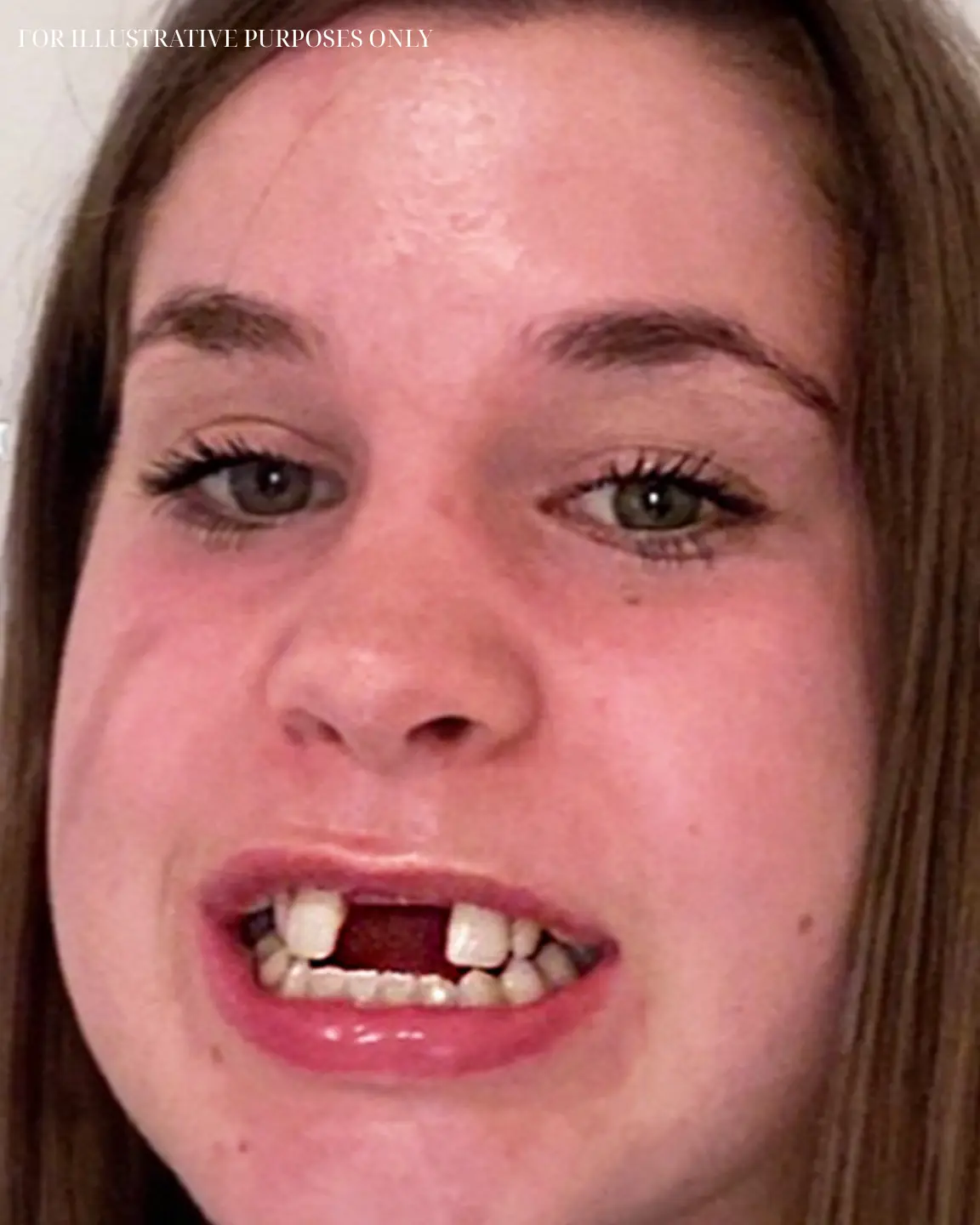
This Girl Spent 6 Years Fixing Her Jaw & After the Final Surgery, She Stunned Everyone with the Results – Her Transformation in Pics
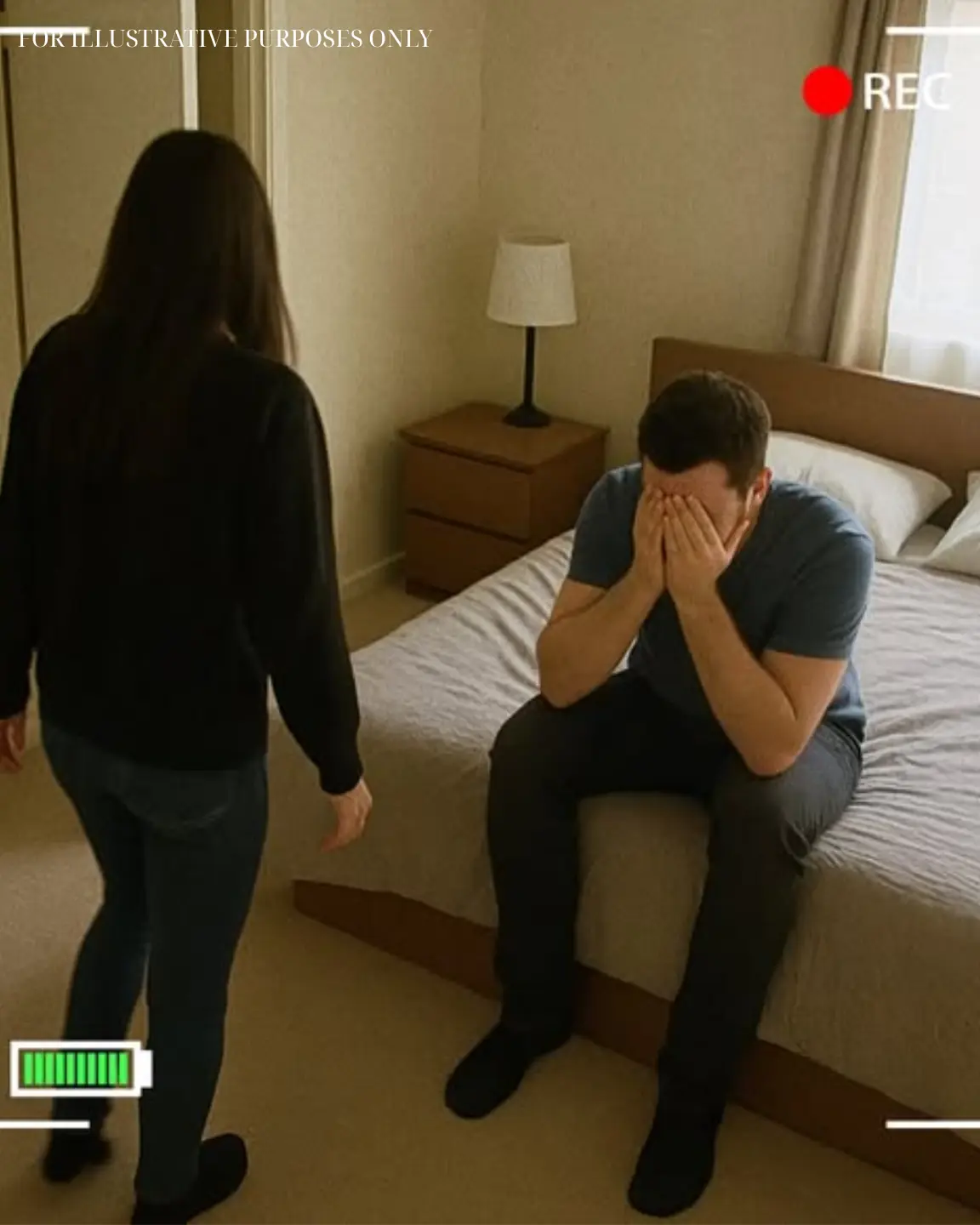
'Mom, Do You Want to Meet Your Clone?' – What My 5-Year-Old Said Uncovered a Secret I Wasn't Ready For

You’re nobody without me,» my husband declared. But a year later, in my office, he begged me for a job
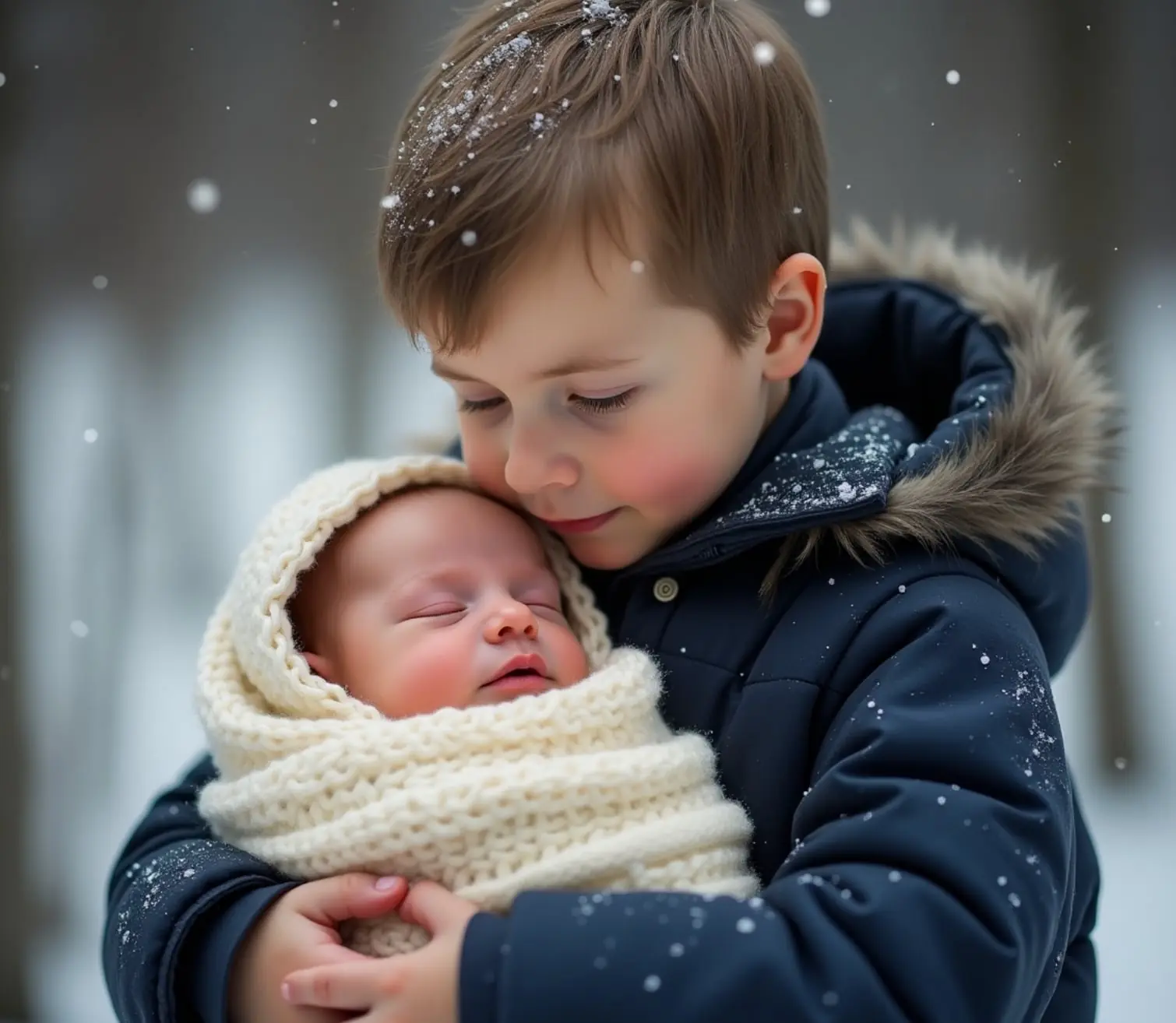
An eight-year-old child saved his sister during a severe snowstorm. But where were their parents at that time?
News Post

Anya, hi. I feel really awkward asking, but could you possibly lend me a couple thousand?
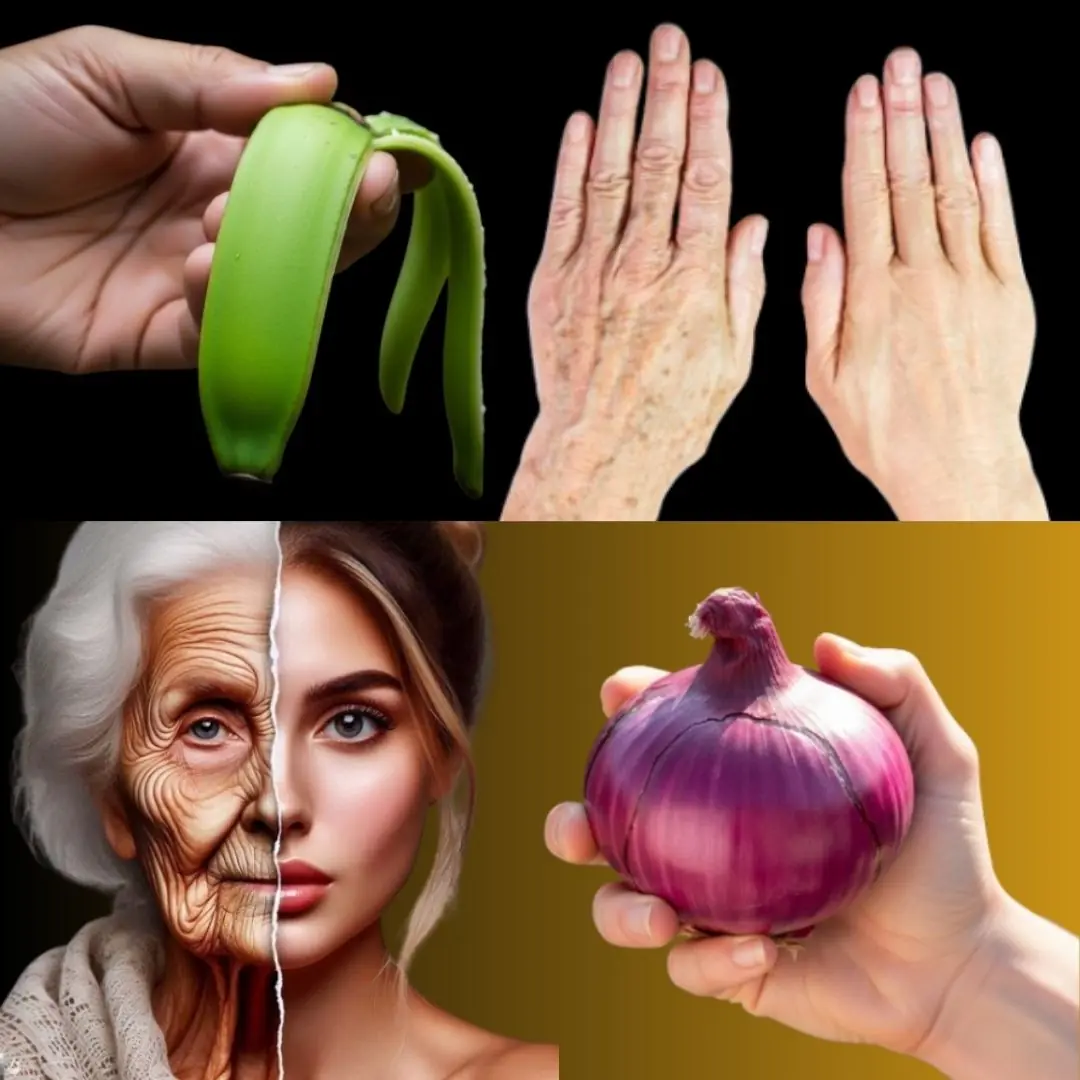
8 Clever Japanese Secrets to Eliminate Wrinkles — Even at Age 70!

Drinking Lemon Water Before Bed: 10 Surprising Health Benefits Most People Don’t Know

7 Reasons to Grow Purslane: The Superfood Weed You’ll Wish You Knew About Sooner
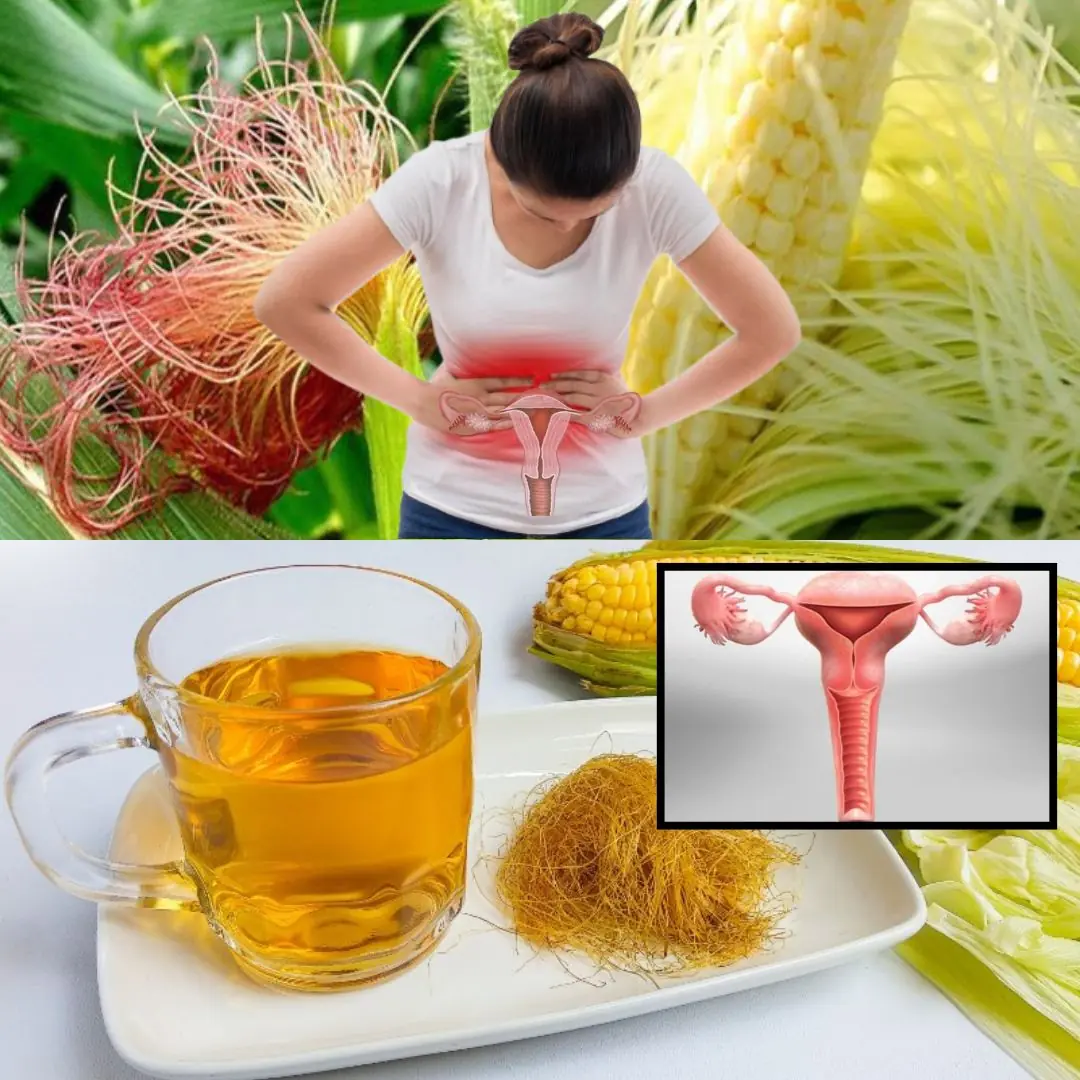
Discover the Benefits: Corn Silk Tea for Health and Wellness

‘Japanese Baba Vanga’ Foresees Catastrophic Event in July 2025 Affecting Millions
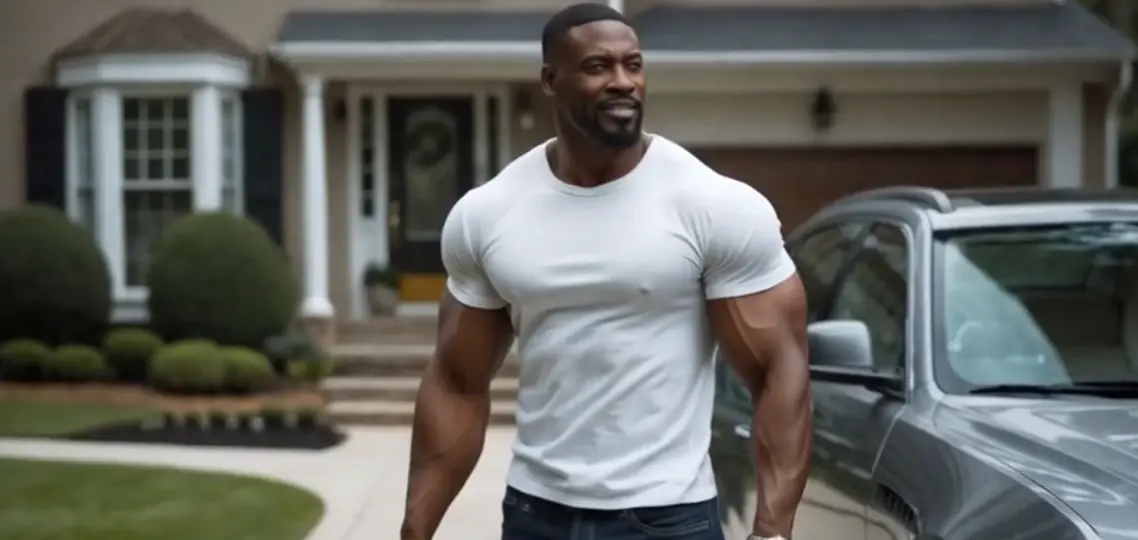
Entitled Man Blocked Our Garage, Picking a Fight, Then Threw His Business Card at Me — So I Turned It Into His Worst Nightmare
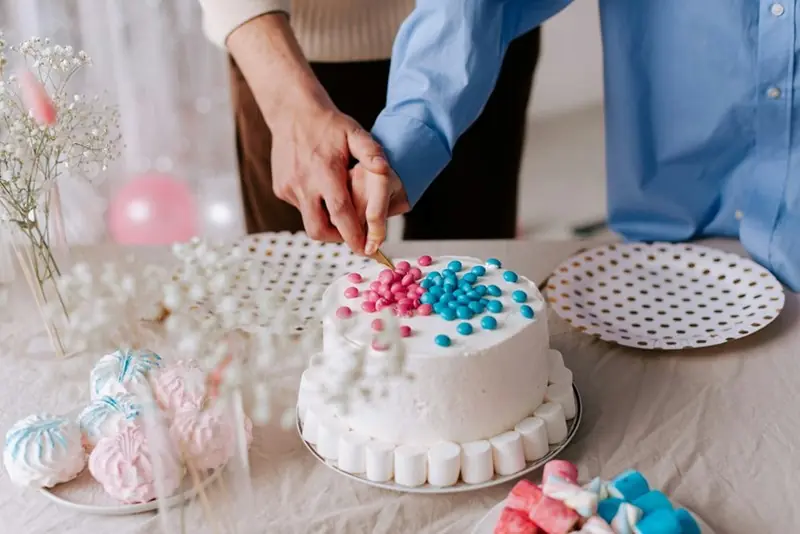
Our Gender Reveal Cake Arrived Grey – Then Our 6-Year-Old Revealed the Shocking Reason
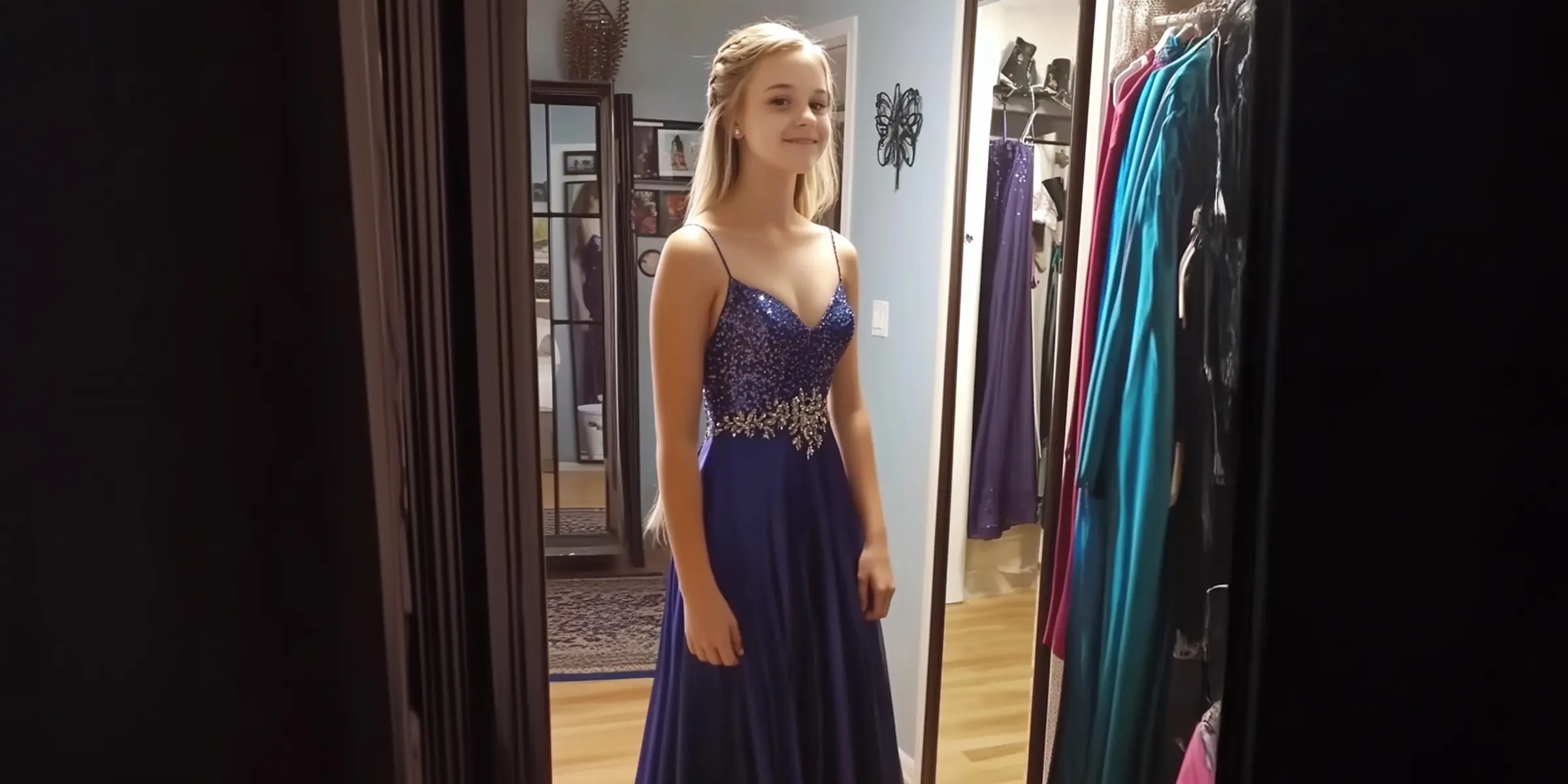
My Ex's New Wife Bought My Daughter a $1,000 Prom Dress to Humiliate Me and Win Her Over — What My Daughter Did Left Everyone Speechless
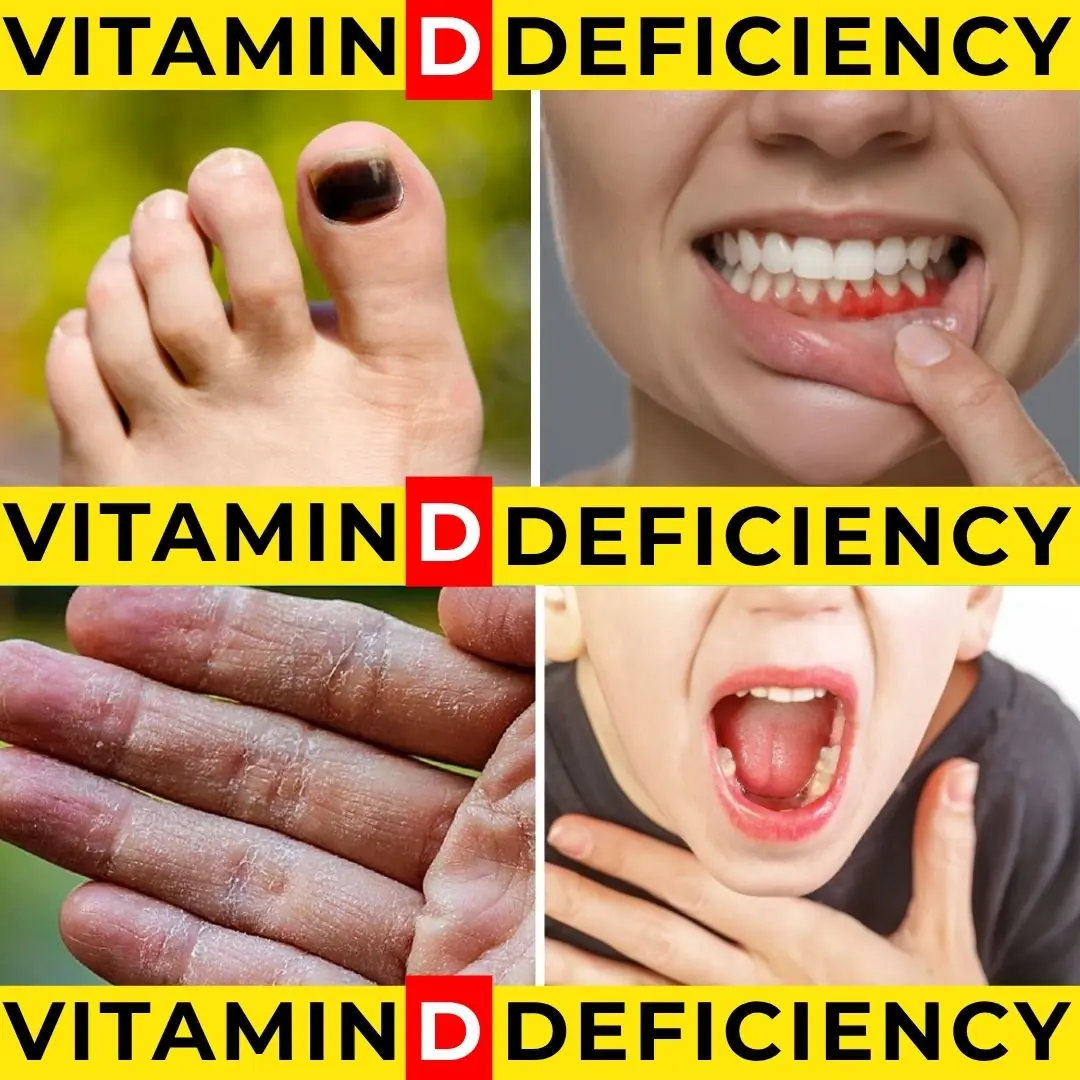
10 Signs Your Body Is Begging for Vitamin D
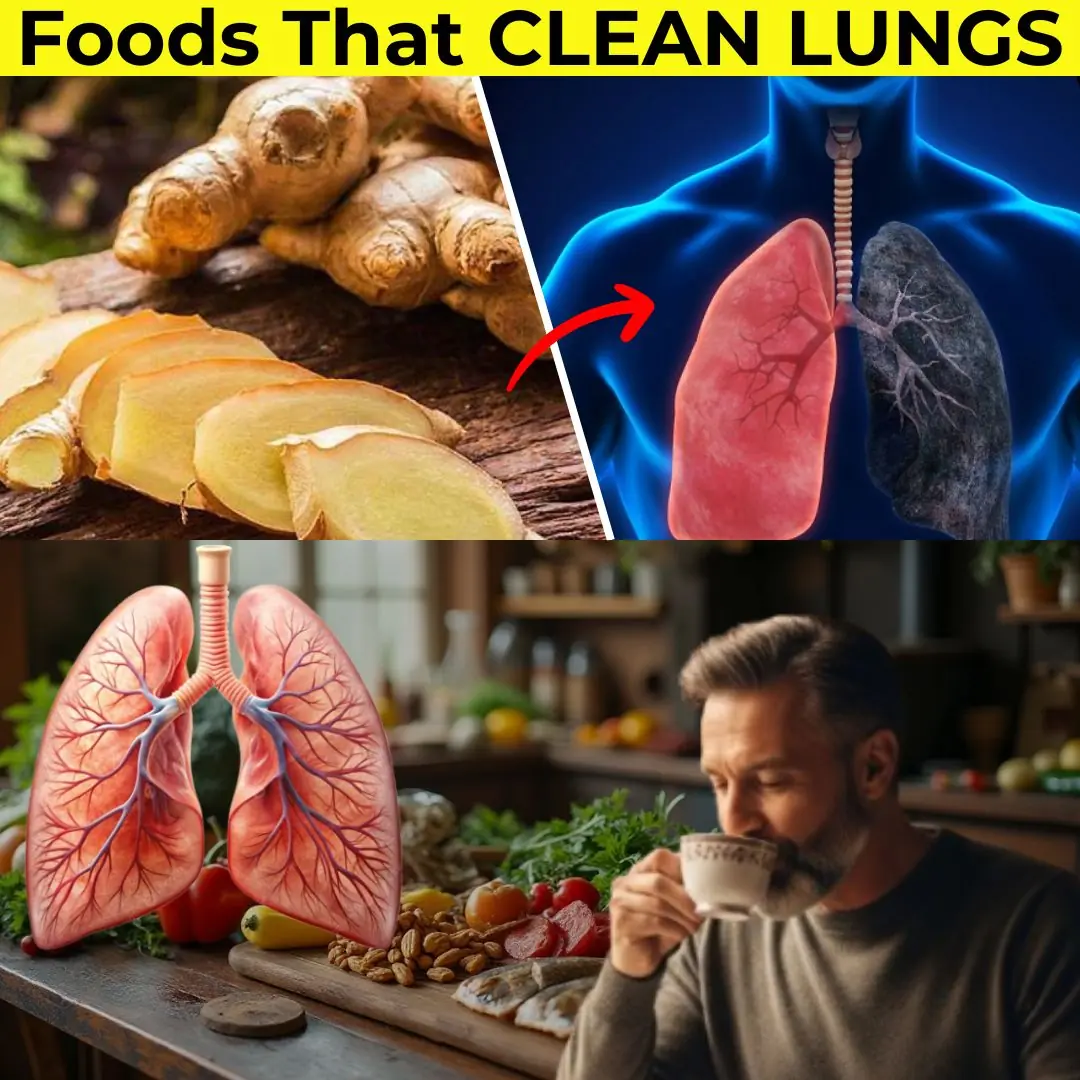
9 Foods That Help You Breathe Easy (Improve Unhealthy Lungs)
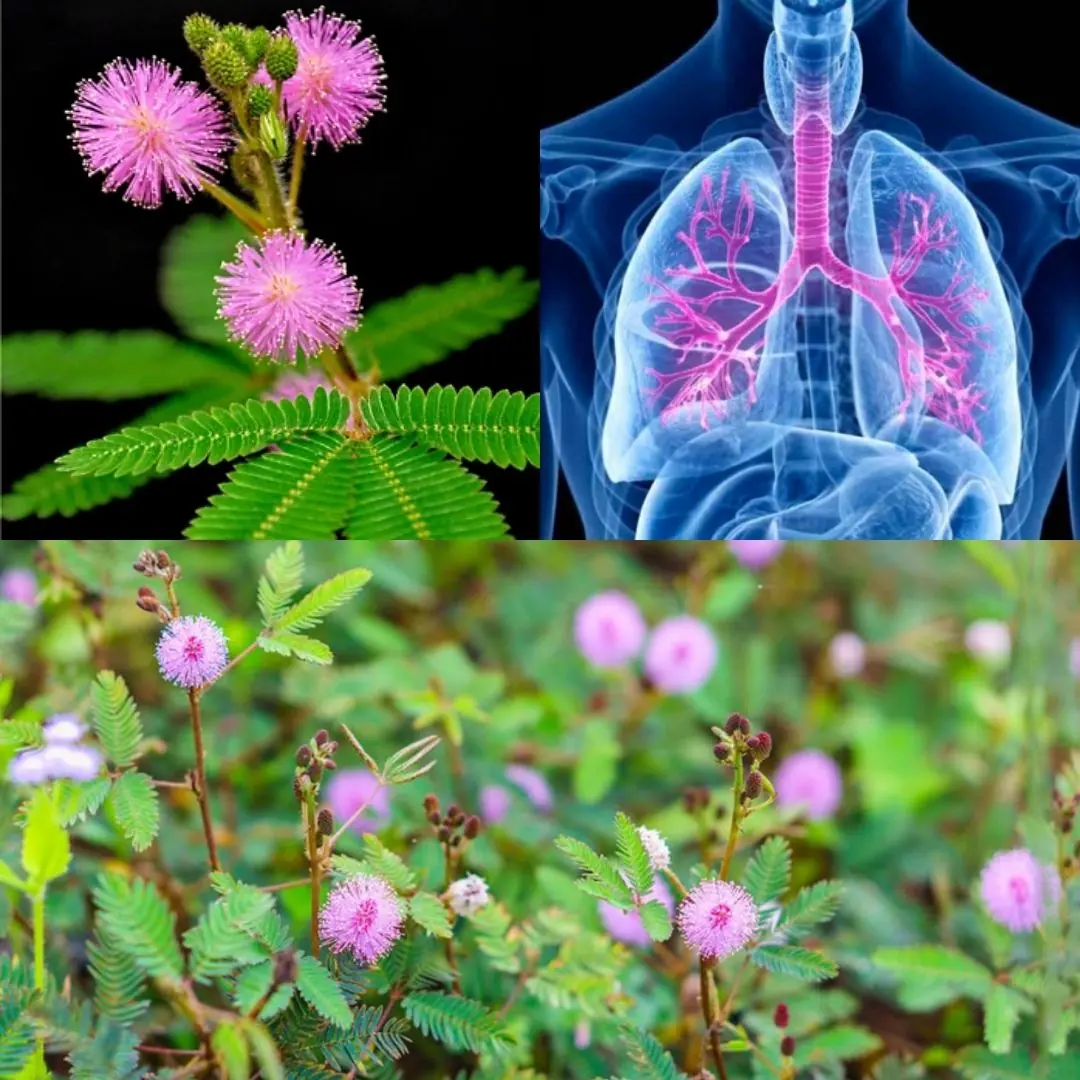
The Hidden Power of Mimosa Pudica: 30 Benefits and Homemade Uses
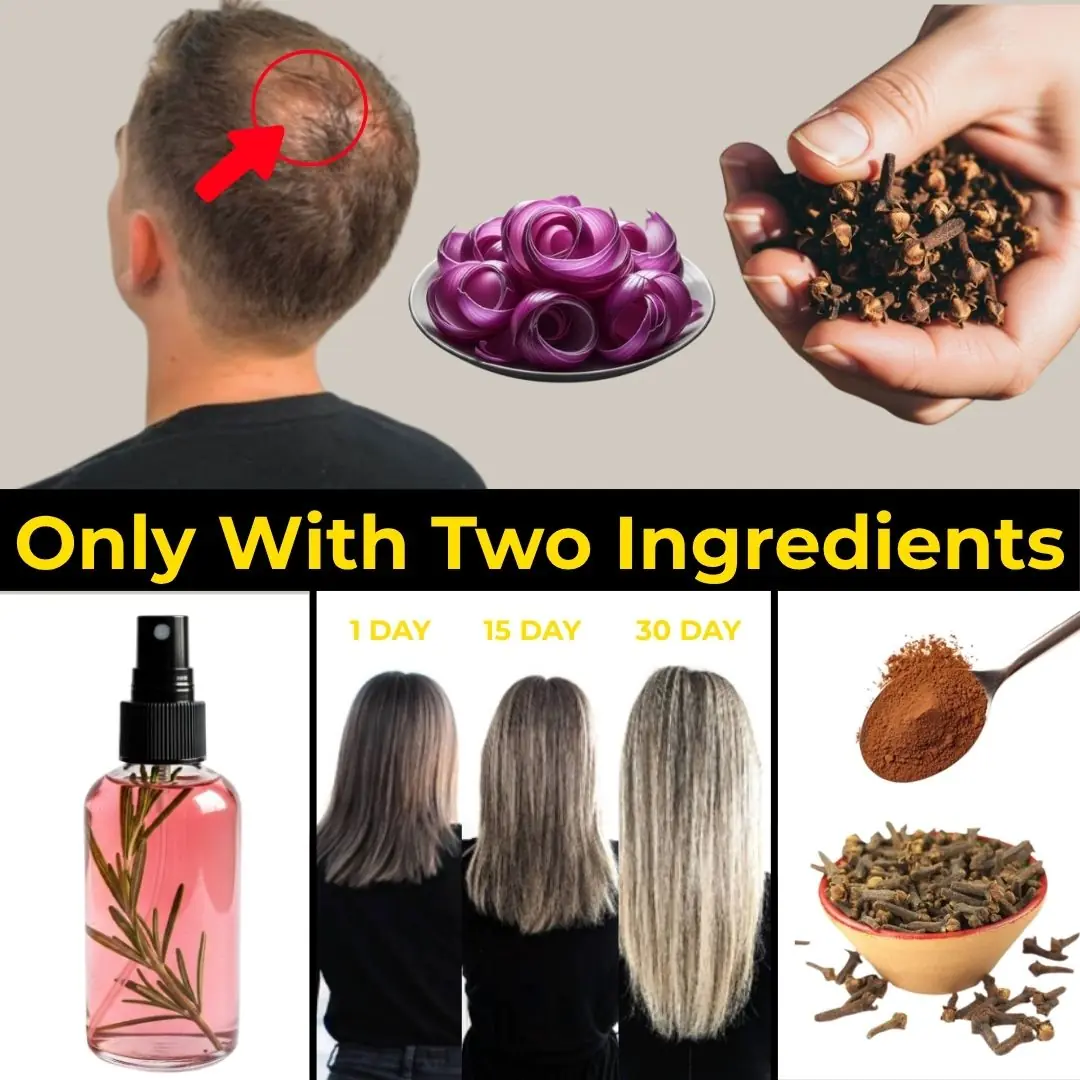
The Surprising Hair Growth Benefits of Cloves and Onion Peels

"Why Don't We Just Take the Secret Car Daddy Drives?" My Son's Innocent Question While Cleaning the Car
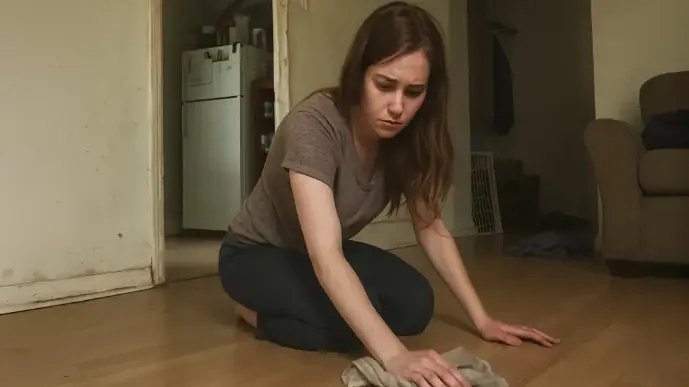
My Stepmother and Stepsister Treated Me Like a Servant and Called Me Useless, But One Night I Finally Made Them Regret Every Word
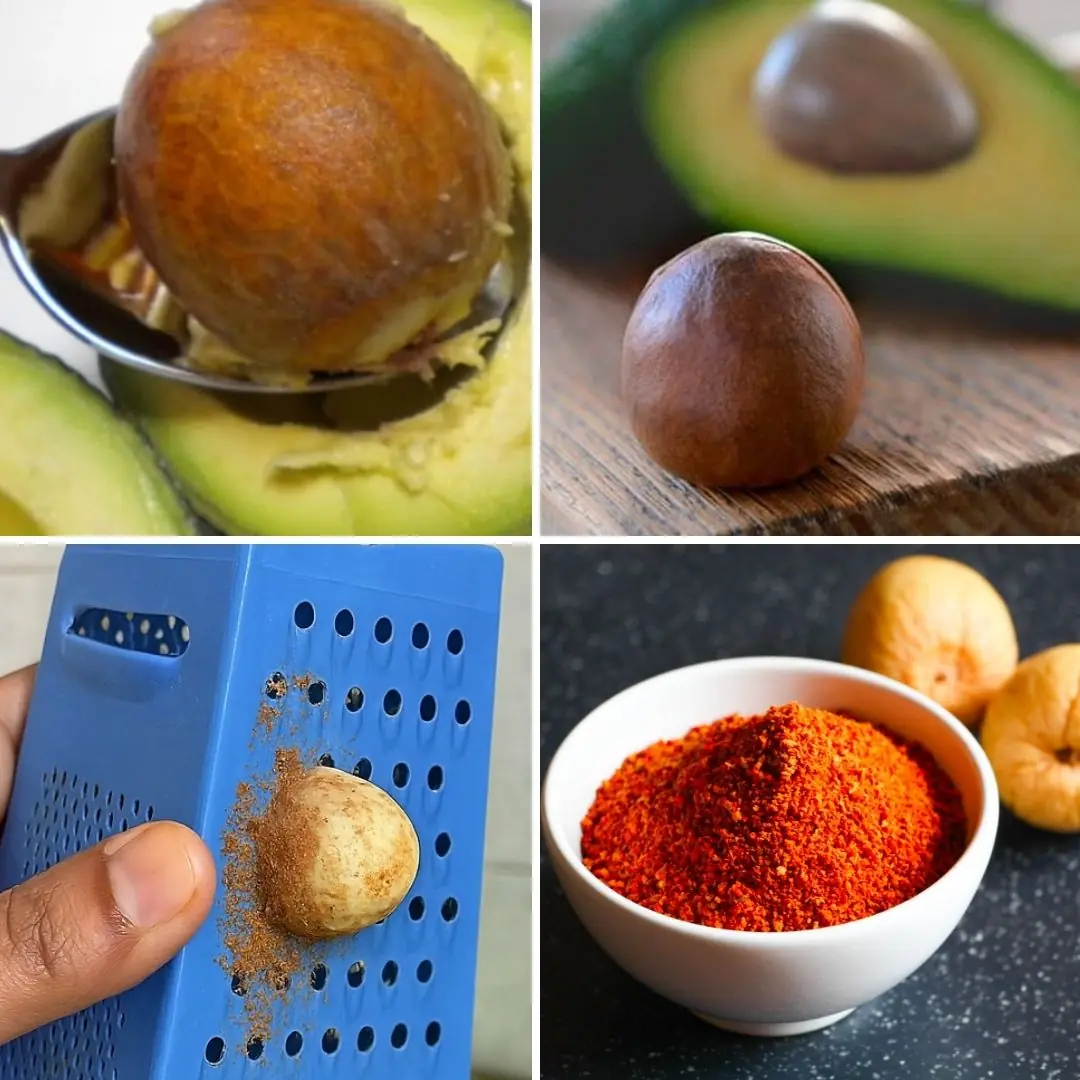
Don’t Toss That Avocado Pit: Surprising Health Benefits and Uses
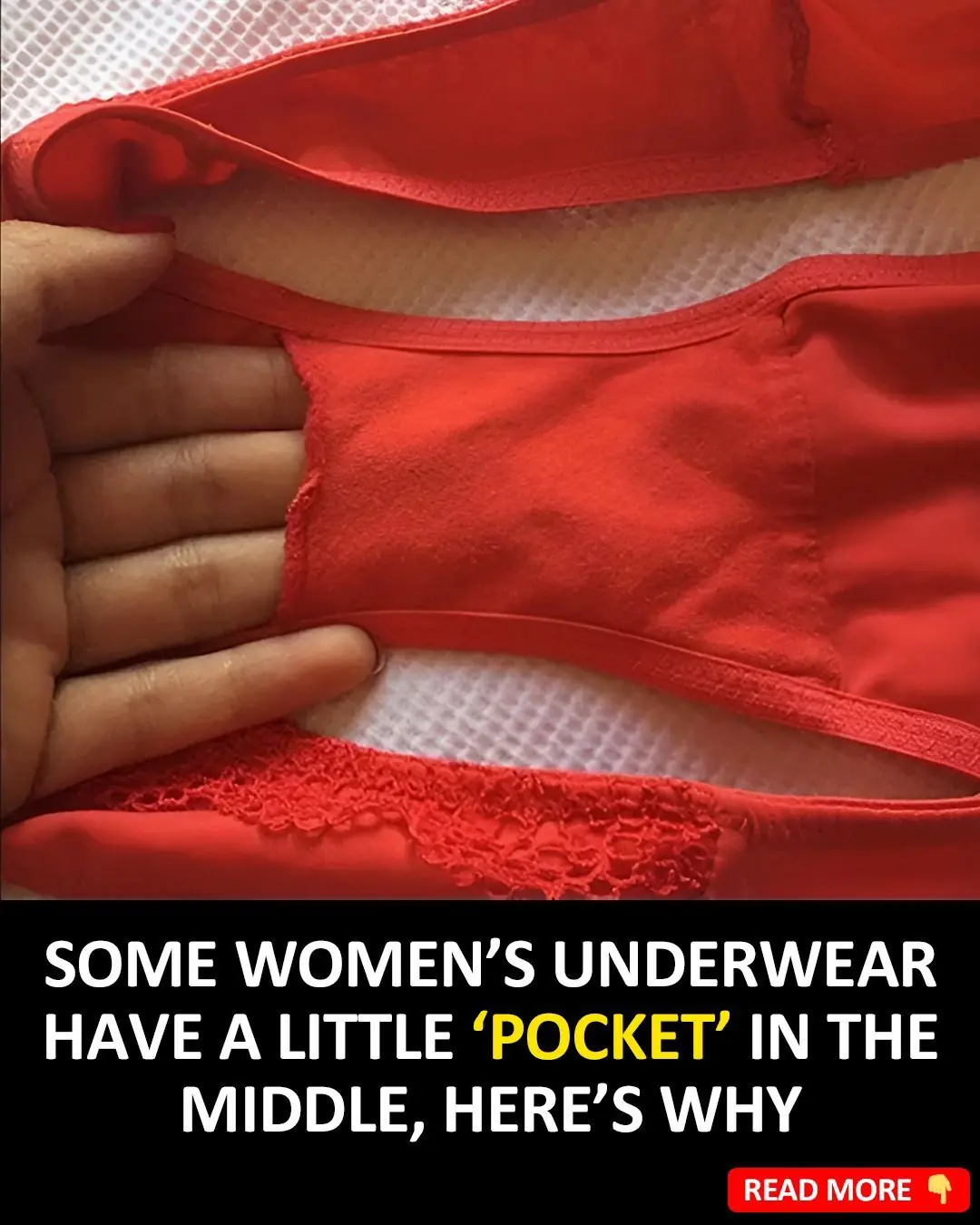
Why Do Some Women’s Underwear Have That Little ‘Pocket’ In The Middle?

Doctor Frank Suárez’s Natural Remedy to Eliminate Diabetes, Poor Circulation, Fatty Liver, Pancreas Issues, High Blood Pressure, Knee Pain, and Even Cancer
